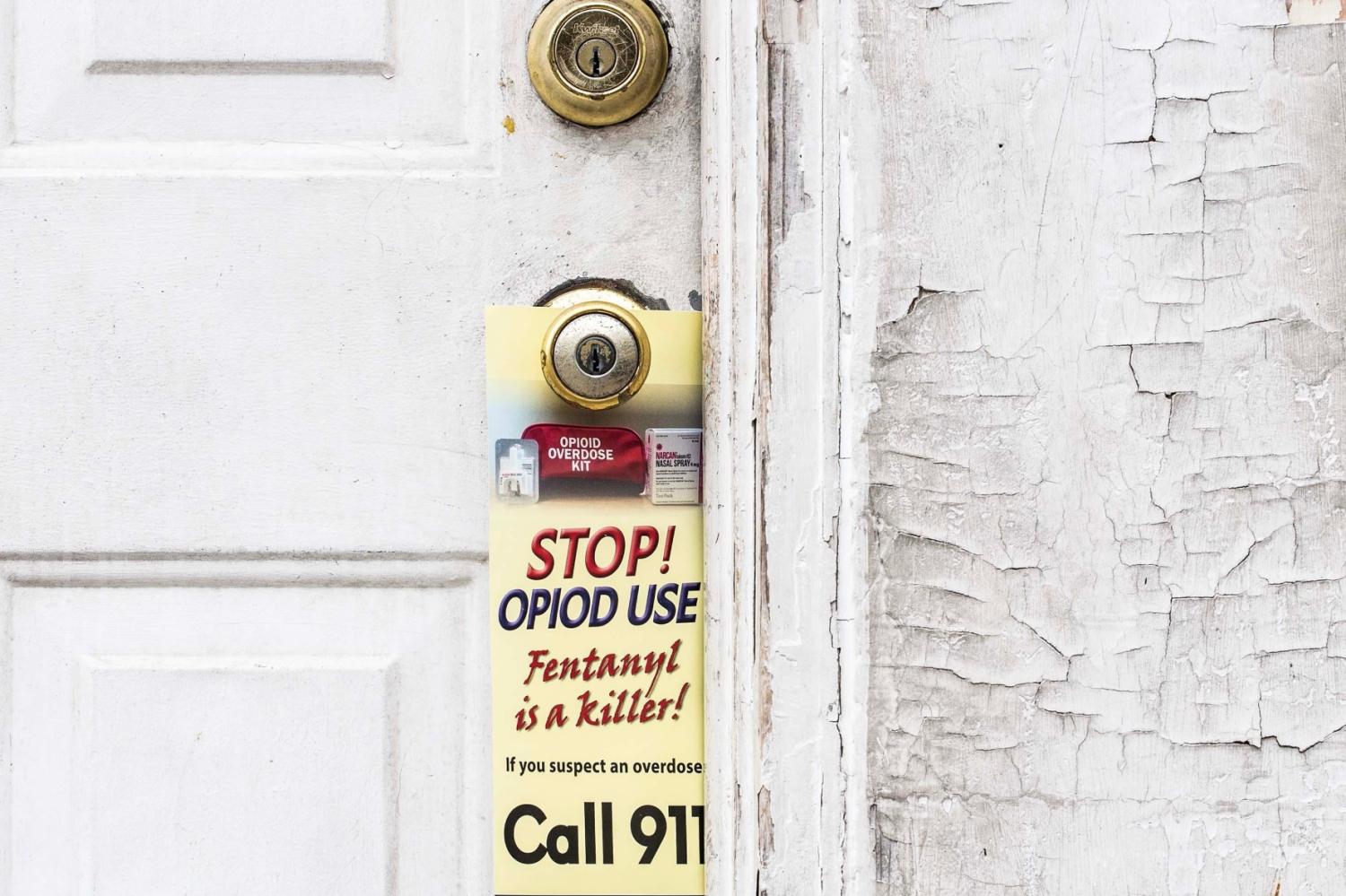Executive summary
From 2020-2024, policy toward drugs, policing, and public disorder changed dramatically in North America’s Pacific Northwest region. In the first half of this period, advocates for a new set of policies that blended libertarian and left-wing principles persuaded policymakers and the public to dramatically reduce law enforcement’s role in drug policy on the theory that this would allow for a more health- and social justice-focused approach to drugs. However, the massive decline in drug and public disorder-focused law enforcement did not generate promised improvements in the severity of drug problems. Indeed, fatal overdoses soared from San Francisco to Vancouver, treatment services were not expanded, and crime and disorder rose. The second half of this period witnessed the public and policymakers turn against the new policy framework and roll it back as fast as it had been implemented.
These tumultuous changes highlight the challenges of forecasting the course of drug policy, the differing priorities of many advocates versus the general public, and the risks of attempting extreme policy changes rather than nuanced responses sensitive to the culture, resources, and preexisting drug problems and policies of a state, city, or country. Although there is a risk that the bitter experience of the Pacific Northwest will cast a long shadow over drug policy reform, this is not predestined. If reform advocates are willing to acknowledge and learn from their mistakes, engage more with communities outside their epistemic bubbles, and concentrate reform efforts in regions where they are most needed, they have the potential to significantly improve drug policy’s effectiveness and popular legitimacy.
-
Acknowledgements and disclosures
The author is grateful to Vanda Felbab-Brown and The Brookings Institution for creating this collection of papers and allowing him to participate, as well as Adam Lammon for editing, Rachel Slattery for graphical design and layout, and Diana Paz García for project coordination. He would also like to thank Rob Bovett, Jonathan Caulkins, Brandon del Pozo, Matt Dorsey, Charles Fain Lehman, and Kristy Nielsen for critiques of drafts of this paper and Caleb Banta-Green and Roland Neil for advice on data issues. Opinions expressed are the sole responsibility of the author and may not reflect the opinions of any individual or organization he works for or advises.
The Brookings Institution is committed to quality, independence, and impact.
We are supported by a diverse array of funders. In line with our values and policies, each Brookings publication represents the sole views of its author(s).







